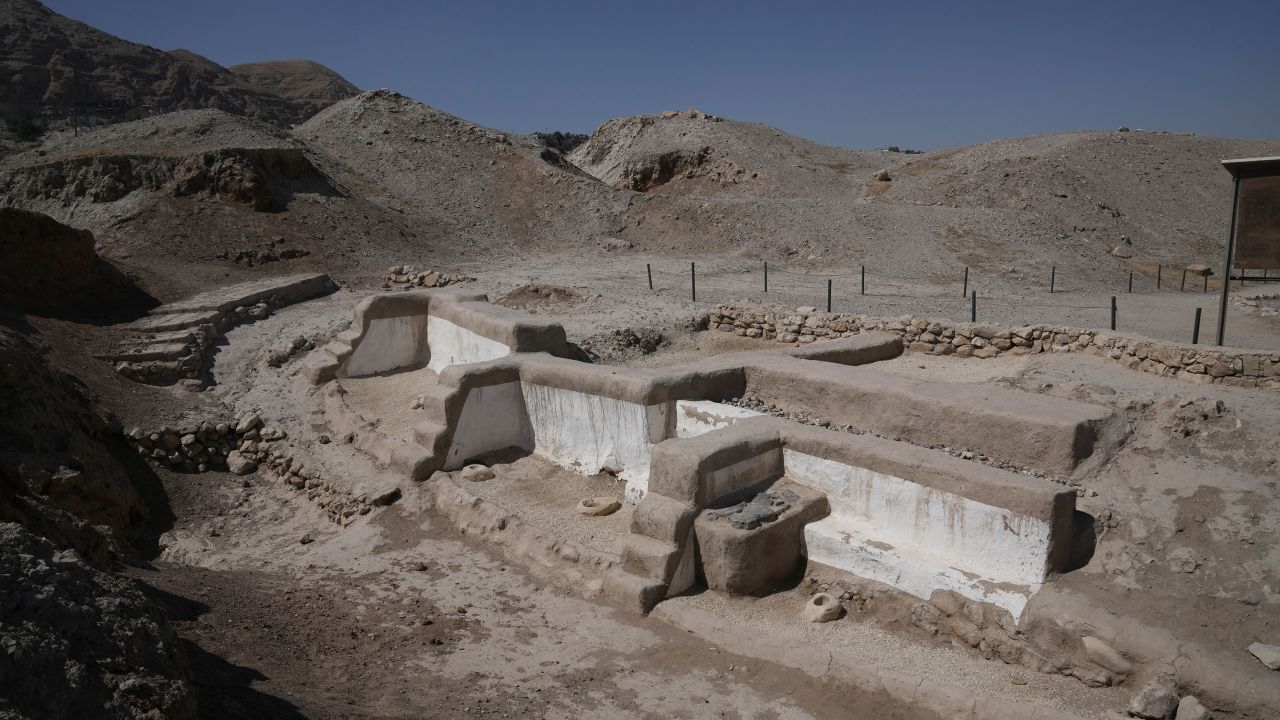The “Caananite genocide” in the book of Joshua is, for many, one of the most disturbing parts of scripture.
In it we read of whole cities wiped off the face of the earth, with women and children reportedly slaughtered indiscriminately.
Most disturbing of all is that – unlike other examples of Biblical warfare – these killings appear to be mandated by God.
Passages like the following are understandably troubling.
“The Lord said to Joshua, “Do not be afraid of them, because, by this time tomorrow, I will hand all of (the Caananites), slain, over to Israel. You are to hamstring their horses and burn their chariots”.
Joshua took all these royal cities and their kings and put them to the sword. He totally destroyed them, as Moses the servant of the Lord had commanded. Yet Israel did not burn any of the cities built on their mounds—except Hazor, which Joshua burned. The Israelites carried off for themselves all the plunder and livestock of these cities, but all the people they put to the sword until they completely destroyed them, not sparing anyone that breathed.
Extracts of Joshua 11: 5-14
Such passages are hard to read.
However, there are two things worth pointing out: firstly, the literary device of war rhetoric applied in the book of Joshua, and secondly, the reason for this divinely mandated conquest.

The ruins of ancient Jericho, a Canaanite city destroyed by the Israelites
War Rhetoric
Helen Paynter, director of the Centre for the Study of the Bible and Violence, notes that some logical and literary considerations need to be taken into account when reading the Caananite conquest accounts.
“We need to think a bit about the historical realities and the pragmatic realities of a people in a fortified city who see an army approaching … they’ll absolutely not just sit there with their women and children, but they’ll send their women and children away,” she said, speaking on the Undeceptions podcast.
“We (also) need to understand the rhetoric within the text which is an ancient convention that is being used.
“Every ancient society employed (this) when describing its victories.”
This same rhetoric has been observed by other scholars.
In her book Joshua and the Rhetoric of Violence, Lori. L. Rowlett notes similarities between the language in Joshua and the records of Neo-Assyrian war oracles, with further similarities found in the texts of the Egyptian, Hittite, Moabite, and Ugaritic peoples.
“To put it crassly”, says John Dickson, “it was well known to ancient readers that the language of ‘destruction’ didn’t mean total destruction.
“It means the victory was total. This isn’t the Bible fibbing or exaggerating in the sneaky sense; it’s the Bible using the literary forms of the day.”
Divine Judgement
There is, however, another uncomfortable reality lurking beneath this story: God commands the Israelites to engage in warfare.
For a better understanding of why this is the case, it’s important to look back several centuries in the Biblical story.
In the book of Genesis Abraham – the patriarch of the Israelites – is told he can’t walk in and claim the land of Canaan, for “the iniquity of those living there is not yet complete” (Genesis 15:16).
It would be another 600-700 years before the Israelites would enter the Canaanite territories – but even then, it wasn’t because of any holy favouritism.
The book of Deuteronomy makes this clear.
In chapter 9, Moses tells the assembly:
When the LORD your God thrusts (the Caananites) out before you, do not say to yourself, “It is because of my righteousness that the LORD has brought me in to occupy this land”; it is rather because of the wickedness of these nations that the LORD is dispossessing them before you.
This “wickedness” is – according to the Biblical account – manifest in a perverse society, which regularly engaged in revolting acts of human sacrifice and sexual exploitation to appease the ancient near-eastern deities of Baal and Asherah.
“This was not a normal state of affairs”, says John Dickson.
“The Bible teaches that all pagan cultures (and Israel) were evil to some degree or other, and yet no command was ever given to attack Egypt or Syria or Babylon.
“There was something singular about the evil of the Canaanites, the way we might speak of the uniqueness of the tyranny of Nazi Germany in the 1930s-40s.”
This ‘uniqueness’ can be better understood in this explainer, outlining the cultic practices of Baal and Asherah worship: awfully, even child sacrifice was a feature at times of crisis.

Urns in a Tofet shrine, in which the remains of children sacrificed to Baal were believed to have been cremated
Divine Judgement
It was this confluence of factors that saw God’s judgement enacted in real-time: a unique, one-off event through which the Israelite army was the instrument.
“We have a number of these recurring episodes of God ‘recreating’ in a kind of paradigmatic sense,” Helen said.
“I think how (Israel) conceptualizes what is going on is that they are clearing sacred space.
“They’re participating with God in an act of recreation and that the land of Israel is … viewed as, as sacred space in which God’s people are to live as a kingdom of priests.
“Things are conceptualized in physical ways. The blessings of God are conceptualized physically.
“That doesn’t make it easy, but I think in terms of their self-understanding it can be helpful.”
Adapted by Alasdair Belling, from Undeceptions episode 110 ‘Violent Faith‘ with Helen Paynter
Want to be further undeceived?
Check out our network of podcasts and articles in the Undeceptions Library.











































